The MRVP voucher program provides rental assistance to low-income families in Massachusetts, with specific limits on rent and income eligibility to ensure affordable housing access.
Overview of the Massachusetts Rental Voucher Program (MRVP)
The Massachusetts Rental Voucher Program (MRVP) is a state-funded initiative designed to provide rental assistance to low-income families, enabling them to secure affordable housing. Similar to the federal Section 8 program, MRVP offers two types of vouchers: mobile vouchers for use anywhere in Massachusetts and project-based vouchers tied to specific properties. The program prioritizes families with extreme financial need, homelessness, or other vulnerabilities. By subsidizing rent, MRVP aims to stabilize housing situations and promote self-sufficiency. It operates within defined income and rent limits, ensuring equitable access to housing opportunities statewide.
Importance of Understanding Voucher Limits in 2024
Understanding MRVP voucher limits in 2024 is crucial for both landlords and tenants to navigate the program effectively. These limits determine the maximum rent landlords can charge and the financial eligibility for tenants. Accurate knowledge helps participants avoid disputes and ensures compliance with state regulations. It also allows families to budget appropriately and find suitable housing within the specified caps. Awareness of these limits is essential for maintaining program integrity and facilitating successful housing placements across Massachusetts.
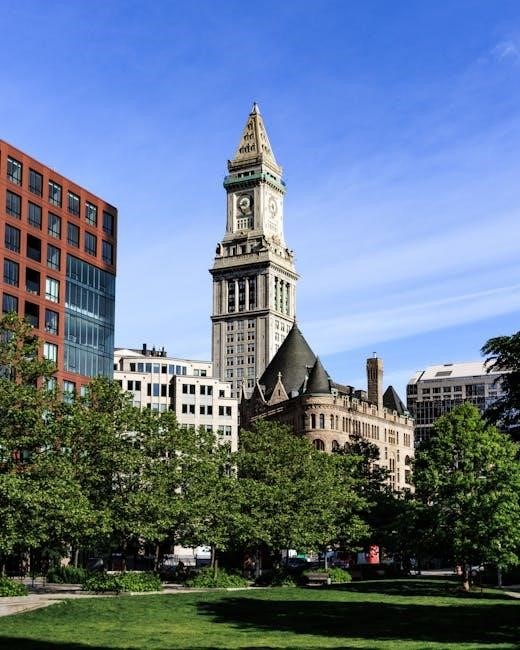
MRVP Voucher Limits 2024: Key Details
MRVP voucher limits in 2024 set maximum rent and income thresholds, ensuring affordable housing opportunities for eligible families while maintaining program integrity and financial accountability.
Maximum Rent Limits for MRVP Vouchers in 2024
The maximum rent limits for MRVP vouchers in 2024 are determined by the Area-Wide Fair Market Rent (FMR), ensuring affordable housing options. These limits vary by geographic location and unit size to reflect local market rates. For example, in urban areas, higher FMRs apply, while rural areas have lower caps. The MRVP program adheres to these standards to prevent excessive rent burdens on participants. Rent limits are adjusted annually to align with housing market trends, ensuring vouchers remain a viable option for low-income families seeking stable housing.
Income Limits for Eligibility in 2024
Eligibility for MRVP vouchers in 2024 is based on income limits set at 80% of the area median income. Families with incomes at or below this threshold qualify, with preferences given to extremely low-income households (30% or less of median income). Income limits vary by household size and geographic location within Massachusetts to ensure equitable access. These limits are effective as of June 10, 2024, and are detailed in the MRVP Net Income Limits document, providing clear guidelines for applicants.
Geographic Specifics: Using MRVP Vouchers in Massachusetts
MRVP vouchers are exclusively for rental properties within Massachusetts, ensuring affordable housing options statewide. Participants have 120 days to find a unit, with vouchers valid for mobile or project-based use. Payment standards vary by location, reflecting local Fair Market Rents (FMRs), to align rental assistance with regional housing costs. This geographic specificity ensures vouchers address diverse housing needs across Massachusetts, helping families secure stable housing within their communities.
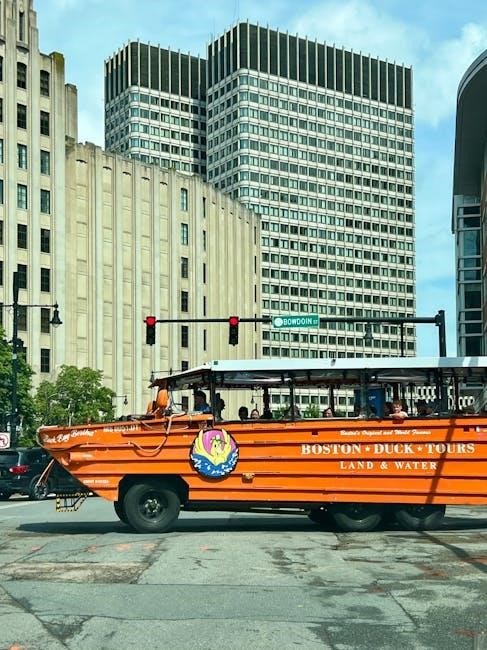
How MRVP Vouchers Work
MRVP vouchers provide rental assistance to low-income families, offering mobile or project-based options. Vouchers are valid for 120 days to find housing, with payments based on Fair Market Rents (FMRs) and lease agreements.
Types of MRVP Vouchers: Mobile vs. Project-Based
MRVP vouchers are available in two forms: Mobile and Project-Based. Mobile vouchers provide flexibility, enabling recipients to select any eligible rental unit statewide. This allows tenants to choose locations that suit their needs, whether for job opportunities or family reasons. Project-Based vouchers, however, are assigned to specific properties, offering stable housing for residents. Both types are designed to assist low-income families, with preferences often given to extremely low-income and homeless individuals, ensuring targeted support for those in greatest need. This structure helps efficiently allocate resources to vulnerable populations.
Payment Standards and Fair Market Rents (FMRs)
Payment standards for MRVP vouchers are based on Fair Market Rents (FMRs), which are set annually by HUD to reflect local rental market conditions. These standards determine the maximum monthly rent the program will cover for eligible families. FMRs vary by geographic area within Massachusetts, ensuring rent limits align with regional housing costs. Payment standards are essential for balancing affordability for tenants while providing landlords with competitive rent levels. This approach helps maintain housing stability and accessibility across the state, with adjustments made annually to reflect current market trends.
Lease-Up Process and Timeframes
The MRVP lease-up process requires participants to find suitable housing within 120 days of receiving a voucher. Families must locate a unit, negotiate rent with the landlord, and ensure the property meets inspection standards. The PHA reviews and approves the rent to ensure it aligns with program limits. Participants must lease up before the voucher expires, though extensions may be granted under certain circumstances. Timely action is crucial to secure housing within the allotted timeframe, ensuring successful program utilization and maintaining voucher eligibility. Assistance is available to help participants navigate this process effectively.

Eligibility Criteria for MRVP Vouchers in 2024
Eligibility for MRVP vouchers in 2024 requires families to meet income limits, typically at or below 80% of area median income. Family composition and housing needs are assessed. Preferences are given to extremely low-income and homeless applicants.
Income Requirements and Net Income Limits
For MRVP vouchers in 2024, applicants must meet specific income requirements. Net income limits are set at 80% of the area median income, effective June 10, 2024. These limits ensure assistance is targeted to those in greatest need. Calculated based on family size and geographic location, they help maintain program integrity and focus on supporting eligible low-income households effectively throughout Massachusetts.
Family Composition and Household Size
Family composition and household size play a crucial role in determining MRVP voucher eligibility and benefits. The program accommodates various family structures, including single-parent households, multi-generational families, and individuals with disabilities. Household size directly influences rent limits and voucher amounts, ensuring fair distribution of resources. MRVP vouchers are tailored to meet the specific housing needs of each family, with preferences given to extremely low-income and homeless families. This approach helps stabilize housing for vulnerable populations across Massachusetts.
Preferences for Extremely Low-Income and Homeless Families
MRVP prioritizes extremely low-income and homeless families, ensuring they receive timely assistance. These families often face urgent housing needs, and the program aims to stabilize their living situations quickly. Preferences may include shorter waitlist times and additional support services. Homeless families benefit from targeted vouchers, helping them secure permanent housing. This focus aligns with Massachusetts’ efforts to address homelessness and provide vulnerable populations with a pathway to stable, affordable housing through the MRVP program.
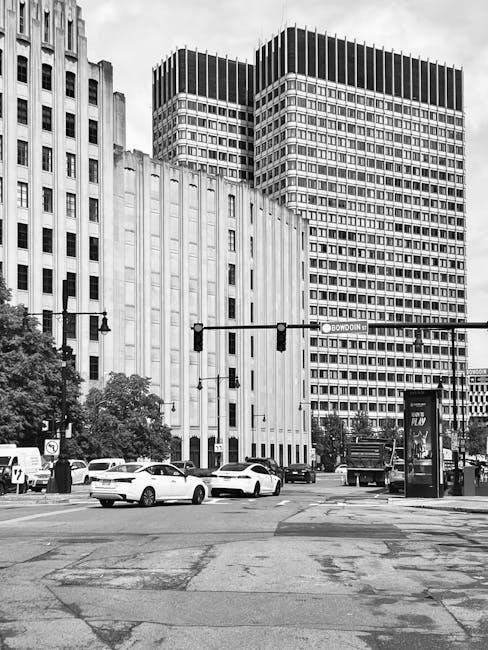
Applying for MRVP Vouchers in 2024
Applications for MRVP vouchers are submitted through the CHAMP system, which streamlines the process for state-aided housing and rental assistance programs in Massachusetts.
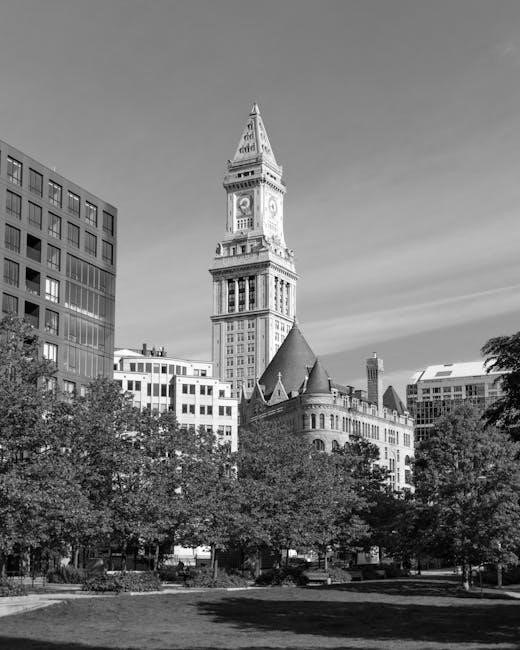
CHAMP Application Process: State-Aided Public Housing and MRVP
The CHAMP application process allows applicants to apply for state-aided public housing and MRVP vouchers through a centralized online system. This streamlined approach ensures efficiency and fairness. Applicants can submit required documentation electronically, reducing processing times. The system also provides status updates and communication tools for applicants. CHAMP is designed to simplify the application process, making it more accessible for individuals seeking rental assistance in Massachusetts. This system is user-friendly and helps manage the high volume of applications effectively.
Required Documentation for Application
To apply for MRVP vouchers, applicants must provide specific documentation. This includes proof of income, residency verification, and family composition details. Additional documents may be required for preferences, such as homelessness status or disability verification. Applicants must also submit identification for all household members. Ensuring all documentation is complete and accurate helps streamline the application process and prevents delays. Required forms can be downloaded from official MRVP resources or obtained through local housing agencies.
Waitlist and Selection Process
Applicants for MRVP vouchers are placed on a waitlist after submitting their application through CHAMP. The selection process prioritizes eligible families based on income level, family size, and specific preferences, such as homelessness or disability. Once selected, applicants receive a voucher with a 120-day period to find suitable housing. Notifications are sent when vouchers become available, and applicants must lease up within the allotted timeframe to avoid losing their voucher. Preferences for extremely low-income or homeless families may expedite the selection process.
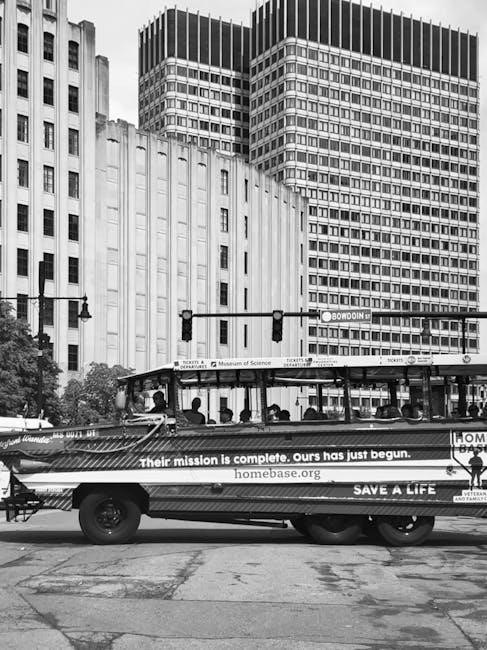
MRVP Voucher Limits and Rent Calculation
MRVP voucher limits in 2024 are determined by the Area-Wide FMR, adjusted for family size and income. Payments are calculated based on 30% of the household’s adjusted income, with utilities included in the rent calculation to ensure affordability and compliance with program guidelines.
Area-Wide Fair Market Rent (FMR) in Massachusetts
The Area-Wide Fair Market Rent (FMR) in Massachusetts for 2024 determines the maximum rent limits for MRVP vouchers. FMRs are set annually by HUD and vary by bedroom size and geographic location within the state. These rates ensure that voucher holders can afford decent housing. For instance, FMRs for studio apartments differ from those for larger units, reflecting local market conditions. By adjusting for utility costs and household size, FMRs help maintain affordability and align rental assistance with actual housing expenses across Massachusetts regions.

Maximum Monthly Assistance Payment
The Maximum Monthly Assistance Payment under the MRVP program is determined based on the Fair Market Rent (FMR) and the family’s income. Payments are calculated to ensure families pay no more than 40% of their net income toward rent. Voucher amounts are adjusted annually and vary by household size and bedroom size. The payment standard is set at 80% of the area’s FMR, ensuring affordability while aligning with local housing costs. This assistance helps bridge the gap between rent and what families can reasonably afford, promoting stable housing solutions across Massachusetts.
Utilities and Additional Costs Covered by Vouchers
MRVP vouchers primarily cover rent, but they also provide indirect support for utilities and additional housing-related costs. While vouchers do not directly pay for utilities like electricity or gas, the rental assistance reduces the financial burden, allowing families to allocate more income toward these expenses. Some households may qualify for additional programs that cover utility deposits or arrears. However, the voucher program itself focuses on housing costs, ensuring families can afford stable and safe living conditions in Massachusetts.

rights and Protections for MRVP Participants
MRVP participants are protected under Massachusetts housing laws, ensuring fair treatment and legal safeguards against discrimination and unjust eviction, with support from Housing Consumer Education Centers.
Housing Rights and Tenant Protections in Massachusetts
In Massachusetts, tenants, including MRVP participants, are protected by strong housing laws. These include eviction protections, anti-discrimination statutes, and guarantees of habitable living conditions. Tenants cannot be evicted without just cause, and landlords must adhere to specific legal procedures. Additionally, state laws prohibit discrimination based on race, gender, disability, or source of income, ensuring equal access to housing. These protections are enforced through legal avenues and supported by Housing Consumer Education Centers, which provide guidance and assistance to tenants facing housing-related issues.
Role of Housing Consumer Education Centers
Housing Consumer Education Centers play a vital role in empowering tenants and MRVP participants by providing free resources and guidance. These centers offer workshops, one-on-one counseling, and educational materials to help individuals understand their housing rights, navigate rental assistance programs, and resolve disputes with landlords. They also assist with housing searches and provide tools to maintain stable housing. By equipping renters with knowledge and support, these centers ensure that participants can fully utilize programs like MRVP and advocate for themselves effectively in housing-related matters.
Dispute Resolution and Appeal Processes
MRVP participants have the right to dispute decisions or actions related to their vouchers. Disputes are typically resolved through formal appeal processes, which may involve submitting written requests or attending hearings. Local housing authorities often provide detailed procedures for filing appeals, ensuring transparency and fairness. Participants must adhere to timelines and submit required documentation to support their cases. Understanding these processes is crucial for maintaining housing stability and addressing any issues that may arise during the program. Proper resolution mechanisms help ensure that participants’ rights are protected throughout the MRVP experience.

Additional Resources and Forms
Access MRVP forms, printable guides, and property owner FAQs to navigate the program effectively. Utilize official resources for detailed information and application support.
MRVP Forms and Printable PDF Guides
Access essential MRVP forms and guides to streamline your application and program management. Download PDF versions of the CHAMP application, required documentation checklists, and property owner FAQs. These resources provide detailed instructions for applicants, landlords, and program administrators. Printable guides outline eligibility criteria, voucher limits, and rent calculation methods. Ensure compliance and understanding by using official MRVP materials, available on the Massachusetts Housing website. These tools help participants navigate the program effectively, from application to lease-up and beyond.
Property Owner FAQs and Downloads
Explore FAQs tailored for property owners participating in the MRVP program. Download essential PDF guides detailing voucher limits, payment standards, and tenant rights. These resources clarify eligibility criteria, lease-up processes, and maximum rent limits. Access forms for rent adjustments and property inspections. Understand your role in providing affordable housing while ensuring compliance with program regulations. These materials help property owners navigate the MRVP program efficiently, fostering successful partnerships with tenants and housing authorities across Massachusetts.
Contact Information for Assistance
For questions about MRVP vouchers, contact the Massachusetts Housing Department at (617) 573-1100 or visit their website. Email inquiries can be sent to mrvp@mass.gov. Additional support is available through local Housing Consumer Education Centers, which offer guidance on voucher programs, tenant rights, and application processes. You can also visit their office at 100 Cambridge St, Boston, MA 02114. These resources provide comprehensive assistance for applicants, property owners, and current participants in the MRVP program.
The MRVP voucher program remains a vital resource for affordable housing in Massachusetts, offering targeted assistance to low-income families while ensuring fair rent practices and eligibility standards.
Final Thoughts on MRVP Voucher Limits in 2024
Understanding MRVP voucher limits in 2024 is crucial for both participants and property owners. The program continues to evolve, ensuring affordable housing access while maintaining fair rent standards. Families should review income eligibility and rent limits to maximize benefits. The 120-day lease-up period and utility coverage enhance housing stability. Staying informed about updates and utilizing resources like Housing Consumer Education Centers can help navigate the program effectively, making it a valuable tool for achieving housing security in Massachusetts.
Navigating the MRVP Program Successfully
Navigating the MRVP program requires careful planning and understanding of its guidelines. Participants should leverage resources like Housing Consumer Education Centers for guidance. Utilizing the 120-day search period effectively is key to securing suitable housing. Staying informed about income limits, rent standards, and voucher types ensures optimal use of benefits. Additionally, understanding tenant protections and dispute resolution processes empowers participants to advocate for their housing needs. By staying proactive and informed, families can successfully navigate the MRVP program and achieve stable housing in Massachusetts.
